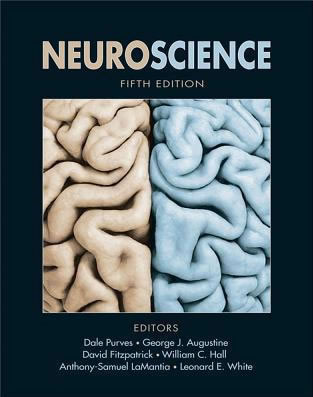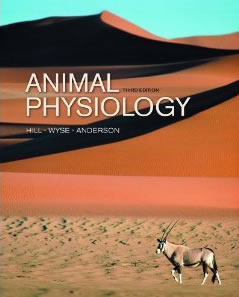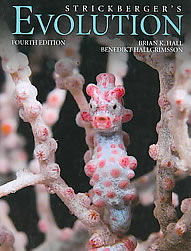
David M. Hollis |
Teaching (Courses) |
 |
Neurobiology (Biology 460) Structure, function and interaction of neruons and supportive cells of the nervous system. Cellular and molecular biology of neuronal funtion and alterations during development, experience, and regeneration. Laboratories include, but are not limited to, passive membrane properties, expression patterns of brain-specific genes, regional effects of steroids, and multi-unit recordings. |
 |
Animal Physiology (Biology 320) Comparative and environmental animal phyiology. Organ systems studied in invertbrate and vertebrate organisms, with emphasis on physiological adaptation. Cellular and molecular biology of physiological functions. Laboratory topics include metabolism, respiration, osmoregulation, stress physiology and dive responses.
|
Human Physiology (Biology 322) Molecular and cellular biology of the functions of the various, integrated organ systems of the human body. Laboratory topics include, but are not limited to, cardiac function, nerve conduction, respiration, renal physiology, and endocrine response. All labs involve studies on human subjects often using computerized data acquisition systems.
|
|
 |
Foundations in Biology (Biology 111) Introduction to the unifying concepts of biology. Topics include cell structure and function, metabolism, genetics, evolution, and the diversity of life. Laboratories emphasize an investigative approach. Designed for science majors.
|